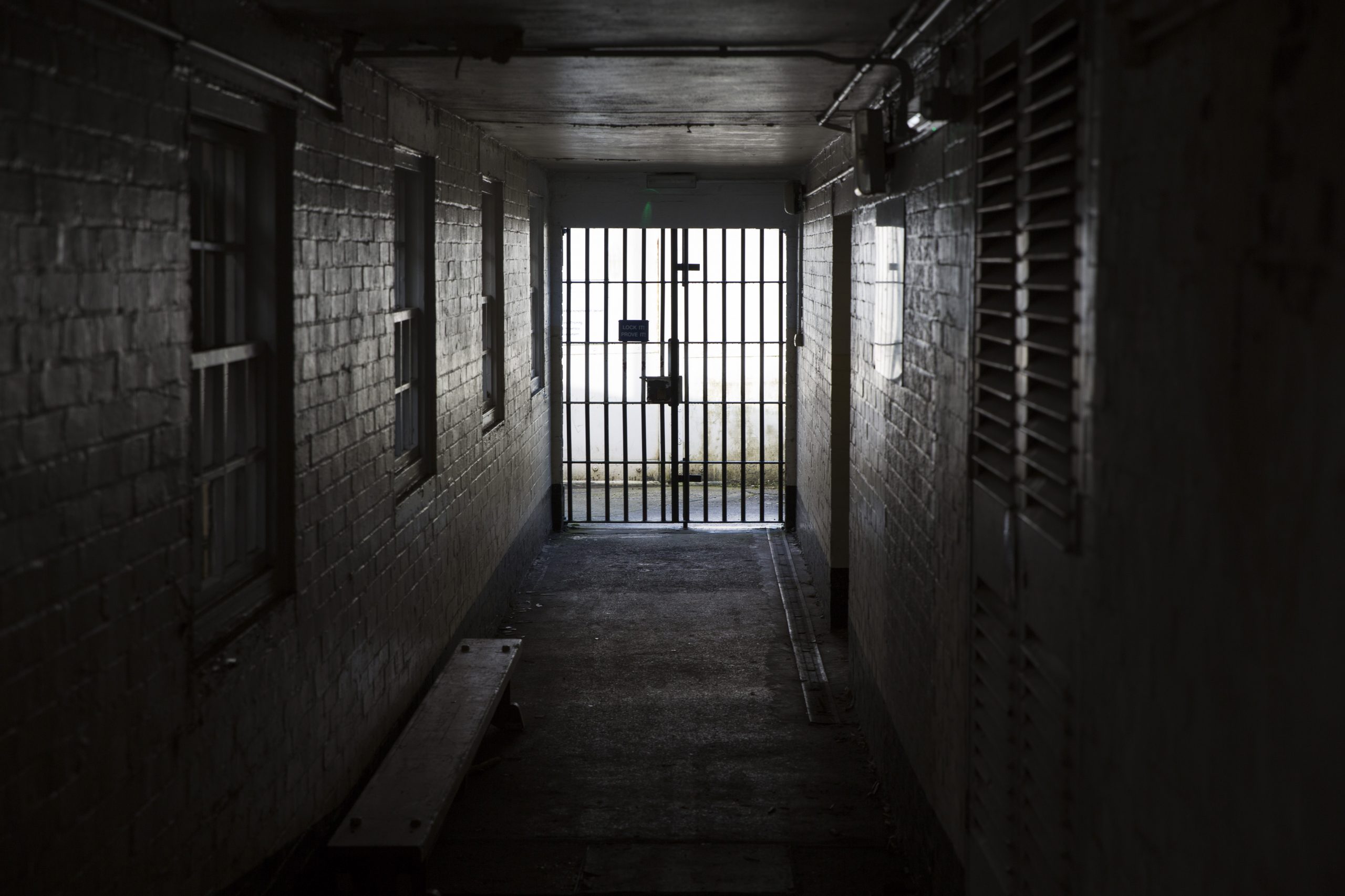Nine out of 10 women sentenced to long prison terms under joint enterprise had engaged in no violence at all and half were not even present at the scene. The authors of a new study looking at the cases of more than one hundred women sentenced to long prison terms under the controversial law have called for an immediate halt to the use of joint enterprise and secondary liability with women.
Joint enterprise is a common law legal doctrine that allows for collective punishment of multiple defendants for a single offence often without taking account of the different roles played by the individuals. In 2016, in the case of R v Jogee, the Supreme Court found that the law had ‘taken a wrong turn’ when it came to joint enterprise. Lord Neuberger held that it was wrong to treat ‘foresight’ as a sufficient test to convict someone of murder.
The new report published by academics at Manchester Metropolitan University looks at the cases of 109 women sentenced to long prison terms for joint enterprise convictions. Despite the 2016 ruling of the Supreme Court, 16 women have been convicted under joint enterprise since 2016.
Over three-quarters (77%) of the women subject to joint enterprise punishments have convictions for murder or manslaughter offences – as such, they are serving long or indeterminate prison sentences. Around 90% of the women convicted under joint enterprise did not engage in violence related to their conviction and there were no cases where the women used a deadly weapon such as a knife in the situations that lead to their convictions.
The youngest girl in the research was charged at 13 years old and more than a third (34%) were under 25 years when charged including six who were under 16. Most of the women were serving long or indeterminate prison sentences at an average of 15 years, with almost half (47%) serving life sentences of up to 30 years.
‘The experiences of the 109 women examined in our report paint a harrowing picture of injustice which is currently sanctioned by our legal system,’ commented Becky Clarke, co-author of the report and senior criminology lecturer at Manchester Metropolitan University. ‘These women are wrongfully convicted. We would argue that charging these women for violent crimes they did not commit is neither in the public interest, or delivering justice to victims and communities.’
Clarke said that prosecutors relied on ‘myths, stigmas and stereotypes to secure convictions with the defence teams and judges doing little to challenge their use’. ‘There are some women caught up in these trials whose own experiences of violence, control, and mental ill health are silenced, the women’s punishment further hides missed opportunities by state agencies to provide care or protection,’ she continued.
Researchers flagged up the case of a woman who has experienced many years of sexual exploitation had a narrative painted by the prosecution that she ‘manipulated men for sex.’ The woman (Jenna) said: ‘My abuse was used by the prosecution to paint a bad picture of me. I think also when used by the defence it didn’t help. I just don’t think they believed me.’
‘This report gives those women in the criminal justice system that voice and dispels the notion that women convicted of joint enterprise murder are murderers,’ said Gloria Morrison campaign coordinator of Joint Enterprise: Not Guilty by Association (JENGbA). ‘The fact that they did not murder anyone is the very reason joint enterprise was the tool used to convict them,’ she added.
The report argues that the criminal justice system in the UK is inadequate in ensuring justice, accountability, addressing harm and preventing further violence. Moreover, the use of joint enterprise law and the failures of state institutions that are prioritising securing a conviction leads to injustice.







